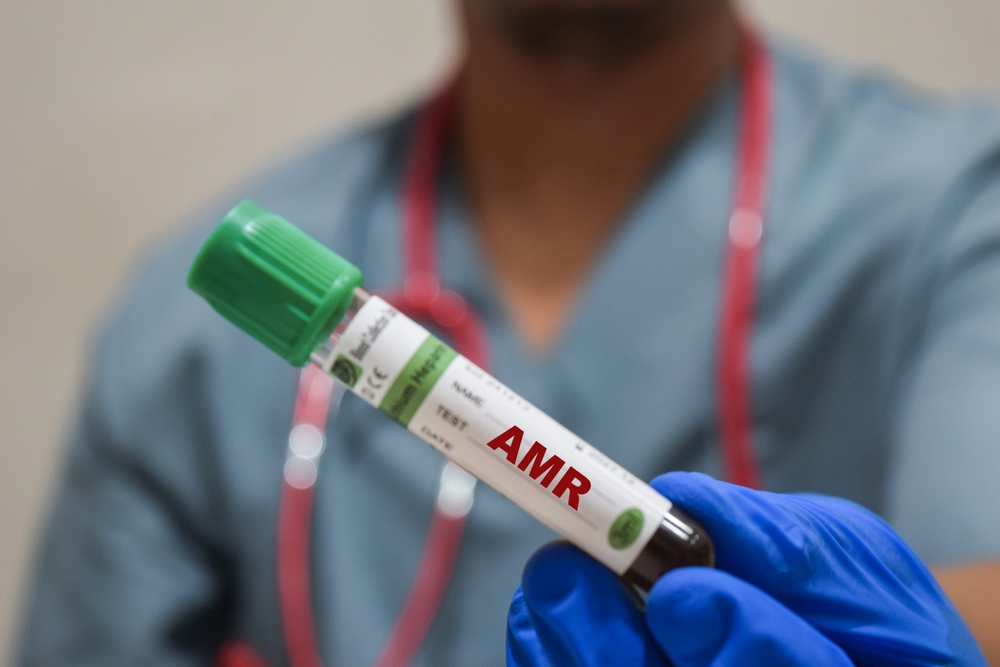The groundbreaking initiative to combat antibiotic resistance (AMR) has trained more than 5,800 healthcare professionals across Europe, surpassing expectations.
The EU-funded AMR-EDUCARE programme originally aimed to reach 4,150 participants, but it exceeded its target and equipped doctors, nurses, pharmacists and health care administrators with key tools to control the spread of AMR in clinical practice.
Delivered to six countries: Lithuania, Spain, Portugal, Italy, Greece and Hungary.
Developed by local experts and adapted to the Japanese language, this module is designed to be practical and accessible.
All participants will be certified and study materials will remain freely available at Lecturio until April 2027.
Understanding AMR: Why is training important?
Antibiotic resistance occurs when bacteria, viruses, fungi, and parasites evolve to resist the effects of the drug and are not effective in general treatments.
The outcome is serious. Daily infections can be life-threatening if easily cured with antibiotics. Without decisive action, experts warn that AMR could cause more deaths worldwide than cancer by 2050.
The danger goes beyond human health. Resistant microorganisms can spread to food systems, animals and the environment, creating a “one health” challenge that requires coordinated responses across sectors.
By strengthening AMR training, the healthcare system is better prepared to protect patients and reduce unnecessary antibiotic use, a key factor in resistance.
Tangible results of AMR training
The results of the AMR-EDUCARE program are already encouraged.
Using the European Disease Prevention and Control Knowledge Scale (ratings of 1-7), participants’ confidence and understanding increased on average 0.42 points.
Given the already high levels of baseline knowledge in Europe, this shift is considered an important outcome.
Feedback from trainees reflects this impact. While nurses reported greater confidence in assessing wounds without defaulting to antibiotics, doctors emphasized a new focus on prescribing shorter targeted treatments when needed.
Pharmacists and managers also noted improved awareness of communication, stewardship practices, and risks associated with misuse of antibiotics.
Overall satisfaction with the course achieved 8.8 out of 10, enhancing its effectiveness in reshaping professional practice across multiple healthcare roles.
Looking ahead: Expansion across Europe
The early stages of the AMR-Educare project have now finished, but its legacy continues to grow.
A comprehensive analysis of changes in prescribing behavior is ongoing, but early signs refer to lasting improvements.
In 2026, the program will expand further, introducing new modules on the environmental and health effects of antibacterial waste.
The AMR training opportunities will also expand to Germany and Malta, expanding its reach and strengthening European collective defense against one of the world’s most pressing health threats.
Source link

